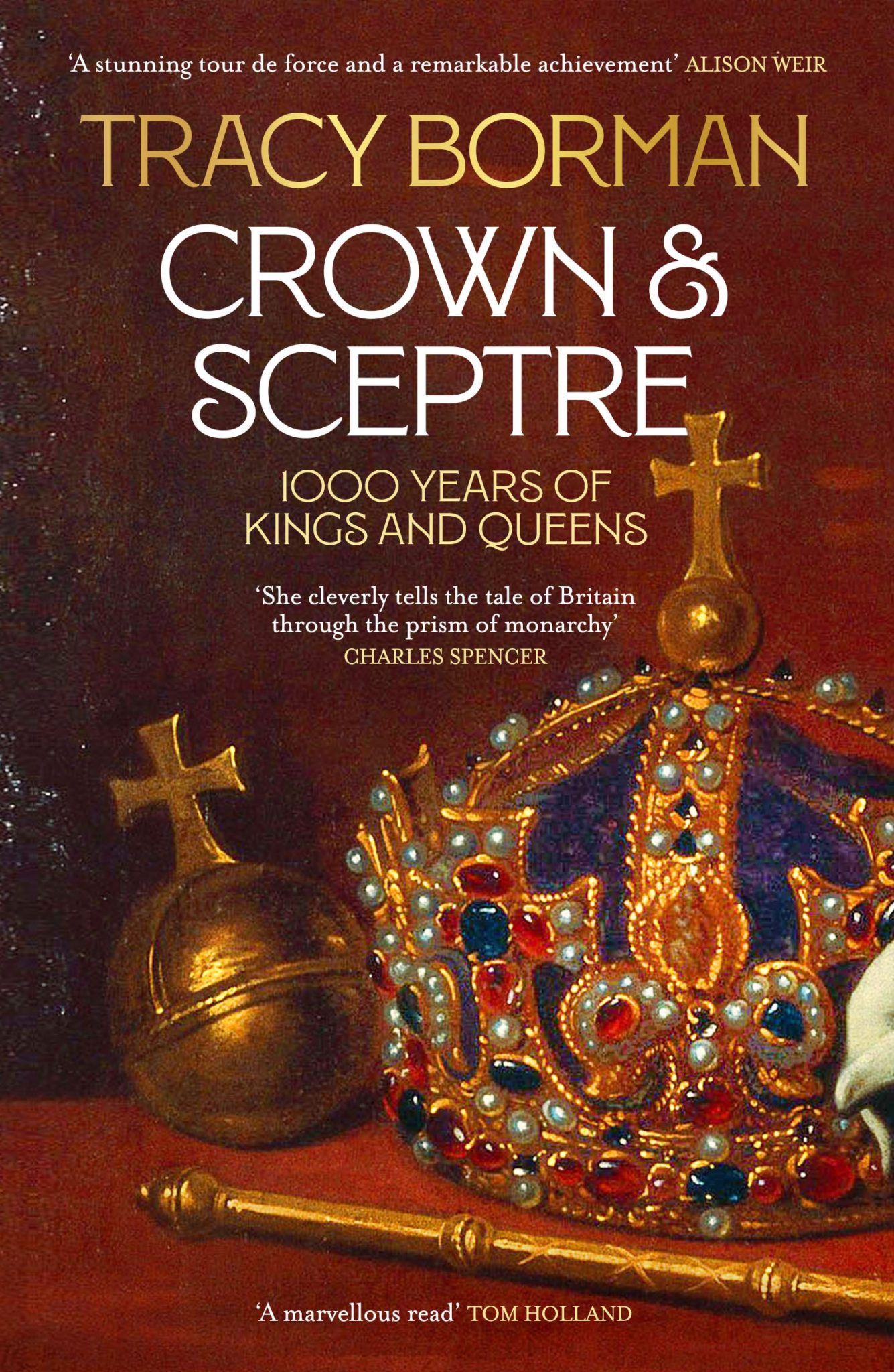These past few days, since Queen Elizabeth II’s death was announced on 8 September, have been a time like no other. There has been a sense of profound sadness felt by people not just in Britain but across the globe at the passing of this much-loved monarch, whose dedication to duty never once wavered during a reign that spanned seven decades.
It has felt like watching history in the making, too. We are seeing – for the first time – events like the Accession Council for the new King, Charles III. As a royal historian and broadcaster, it is a truly extraordinary time. In fact, I am having to draft a new chapter to my newly-published history of the monarchy in order to bring it right up to date. In doing so, I have been reflecting on how historians of the future will remember our late Queen.
Early in the reign of Elizabeth II’s father, George VI, The Times predicted that a monarch’s success would depend on ‘the moral qualities of steadiness, staying power and self-sacrifice.’ During a reign that witnessed an almost unimaginable scale of change, the Queen acted as ‘an anchor for our age’, as one statesman put it. Along the way, she broke all sorts of records: longest reigning monarch in British history and longest reigning female head of state in the world, the first British monarch to reach their Sapphire and Platinum Jubilees, and the oldest living monarch, to name but a few. Just two days before her death, she welcomed Liz Truss into office, thereby beating the record of being served by the most prime ministers (15). In a speech given on the day when the Queen broke the first of these records, the then prime minister David Cameron aptly referred to her as ‘a golden thread running through three post-war generations.’

Tracy Borman, royal author, historian and Chancellor of Bishop Grosseteste University
Although Elizabeth II was viewed as a stalwart of tradition, the monarchy was quietly modernised during her long reign. Some of the more anachronistic customs of court life, such as the presentation of debutantes and the protocols concerning divorcees, were abolished. Buckingham Palace was no longer staffed by ‘tweedy aristocrats’ but specialists in public relations, the arts and social media. Royal finances became more streamlined. Most significantly of all, the Queen introduced new legislation giving equal pre-eminence to female heirs in the British line of succession for the first time in its 1,000 or more year-history – a truly revolutionary change that I think will be her greatest legacy.
According to the Book of Proverbs, ‘The heart of Kings is unknowable’. It is ironic that in this age of mass communication, we have fewer of Elizabeth II’s personal opinions and feelings on record than those of her predecessors. We know that she liked horseracing and corgis, spent her summers and Balmoral and her Christmases at Sandringham. But her spoken words were almost entirely the work of others. The speeches she gave at the opening of parliament were drafted by prime ministers and their advisers, and she had no choice but to read them out, word for word, even if she disagreed with any of the content. Every royal visit, dinner and walkabout was informed by a thorough briefing from her aides, with suggestions of what to say to whom. The Queen never gave any hint of frustration at such restrictions. It will be interesting to see whether her son and heir, King Charles III, will be similarly discreet.
What we do have in ample evidence, though, was the Queen’s unwavering sense of duty and the stabilising presence she gave to the monarchy during the past seventy years. Those qualities might not grab the history headlines in the same way as the king who married six times, his daughter the ‘Virgin Queen’, or the monarchs who ruled by conquest. But the very lack of drama was arguably the secret of Elizabeth II’s success.
Tracy Borman is a royal author and historian. Her latest book is Crown & Sceptre: 1,000 Years of Kings and Queens (Hodder, 2022). She is Chancellor of Bishop Grosseteste University, Lincoln, and was born in the city.







